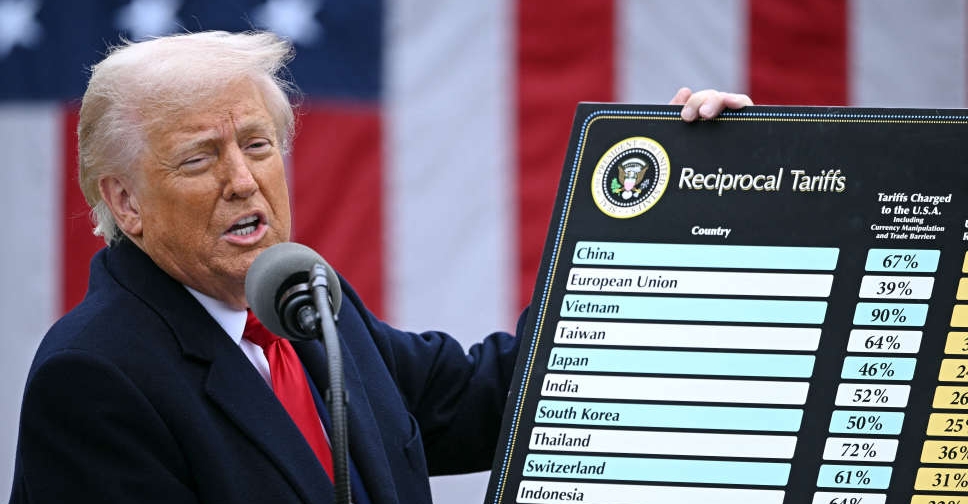
Now, the world's biggest online retailer is getting serious, making its fight against phonies a major goal for 2017. They are building teams in the US and Europe to work with major brands on a registry to prevent fakes, informs a person familiar with the initiative, who was not authorized to speak about the matter and requested anonymity. Discussions with Major League Baseball (MLB) and the National Football League (NLF) about selling merchandise on Amazon hit a standstill earlier this year due to concerns about Amazon's lack of control over fakes, the person said. “Amazon has zero tolerance for the sale of counterfeit items on our site," Amazon said in a statement. The company said it was "aggressively pursuing bad actors." In a statement, the MLB said: “It is our responsibility to provide our fans with reliable and secure marketplaces to purchase officially licensed merchandise. Given the rampant growth of online-only retailers supplying counterfeit merchandise, our policies must hold every distribution partner to that same level of commitment.” The NFL declined to comment. The new Amazon teams will encourage brands - even those that don't sell on Amazon - to register with the online store, the person said. Once registered, Amazon requires any marketplace merchants listing those products to prove that they have the brand's permission to sell them online. Amazon began experimenting with the registry earlier this year with Nike and other companies. The bigger push in 2017 will target thousands of large companies, including those that have been reluctant to sell on Amazon because of knock-offs. Amazon is desperately trying to bring order to the Wild West atmosphere on its marketplace, where more than 2 million independent sellers compete for the attention and money of shoppers. About half of the goods purchased on Amazon come from independent merchants, who help Amazon expand its inventory more quickly and with less upfront cost than Amazon could do on its own. . Amazon’s suits targeting sellers were the first of their kind for the company, a warning to counterfeiters heading into the busy holiday shopping season when the most is at stake. It could be too little, too late. (Spencer Soper/Bloomberg)



 Trump's sweeping import tariffs amp up global trade war
Trump's sweeping import tariffs amp up global trade war
 UAE tops global entrepreneurship rankings for 4th straight year
UAE tops global entrepreneurship rankings for 4th straight year
 Emirates launches express delivery service
Emirates launches express delivery service
 DEWA reduces CO2 emissions with increased electricity, water efficiency
DEWA reduces CO2 emissions with increased electricity, water efficiency
 UAE's CEPA with Costa Rica, Mauritius come into force
UAE's CEPA with Costa Rica, Mauritius come into force



